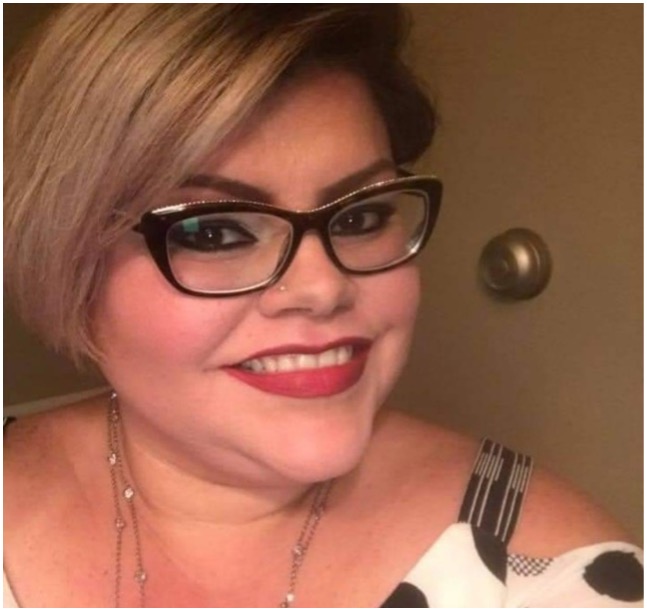-3.png?width=770&height=433&name=Untitled%20design%20(11)-3.png)
There are approximately 67.8 million individuals (about twice the population of California) for whom English is not their primary language spoken at home. The United States Census Bureau indicates that the number of individuals speaking a language other than English at home increased from 23.1 million in 1980 to 67.8 million in 2019. According to the Census, the five most frequently spoken languages other than English are Spanish/Spanish Creole, Chinese, Tagalog, Vietnamese and Arabic. The accessibility of resources and support in languages other than English can have a significant impact on families seeking child care finding a setting that is reflective of their language and culture. Unfortunately, access to resources, information and professional development (PD) opportunities in other languages for members of the child care workforce is limited.
With a noted increase in language needs and the variety of languages spoken, it is essential for Child Care Resource and Referral agencies (CCR&Rs) to understand that providing information and support (resources, training, technical assistance, etc.) to families and child care providers in the individual’s primary/native language increases comprehension. Child Care Aware of America (CCAoA) has released the Spanish Supports Companion Guide to provide CCR&Rs around the country with a directory of CCAoA resources in Spanish for use in their communities. The Spanish Supports Companion Guide also provides examples of how CCR&Rs and other systems-level leaders may use the resources to support families, child care providers, their own agency staff and others in their communities.
When a learner whose primary language is not English is able to access materials in their native language, they are able to focus on what is being presented to them without worrying if they understood it correctly. Nancy Huerta and Conny Zhu from Wu Yee Children’s Services in San Francisco, California and Keila Garcia, the Program and Hispanic Services Manager at the Oklahoma Partnership for School Readiness, are staff at CCR&Rs that provide services to home-based child care providers in languages other than English. Wu Yee Children’s Services provides services in Chinese (Cantonese or Mandarin) and Spanish, and Oklahoma Partnership for School Readiness provides services in Spanish.
Both programs highlighted the importance of having staff that speak, translate resources into and provide training and technical assistance in other languages. Individuals receiving translation services have indicated that it has made a difference in their practice and both agencies have reported success in supporting providers by providing resources training and technical assistance in other languages, including:
- Wu Yee Children’s Services held more than 100 training/Peer Learning Community (PLC) sessions, serving 340 unduplicated child care educators. Ninety percent (90%) of these training/PLC sessions were held in a language other than English.
- Wu Yee Children’s Services provided individualized coaching in diverse languages on several topics, including child development, curriculum implementation, business practices and using screen tools to 45 educators.
- Oklahoma Partnership for School Readiness supported the Oklahoma Department of Human Services to translate child care licensing requirements into Spanish, which has been extremely helpful to potential providers working toward getting their homes licensed.
- The Oklahoma Department of School Readiness worked with the Oklahoma Department of Human Services to create a conference offering training hours, specifically in Spanish. To date, there have been 16 Spanish language conferences!
- Oklahoma Partnership for School Readiness started a Staffed Family Child Care Network, called Red de Conexión (Connecting Network), in Spanish
Although all these accomplishments and strategies are great steps toward including the variety of languages spoken in the U.S., both CCR&Rs have encountered challenges, such as:
- Scarcity of ongoing, stable and sufficient funding means that programs must rely on multiple smaller funding sources to stay in operation, making it difficult to hire and retain qualified program staff, and to plan long-term services for participants.
- Too few Spanish-speaking licensing workers to support potential home-based child care providers with the licensing process.
- Lack of advocacy around the need for culturally sensitive services to non-English speaking children, families and providers. Advocating for services can be overwhelming and lonely for individual organizations and result in feelings of loneliness and discouragement.
While these are challenges we see across the country, the successes of these organizations provide examples for how to effectively serve children, families and child care providers that speak a language other than English.
Access CCAoA’s Spanish Supports Companion Guide to bring resources to your community.





